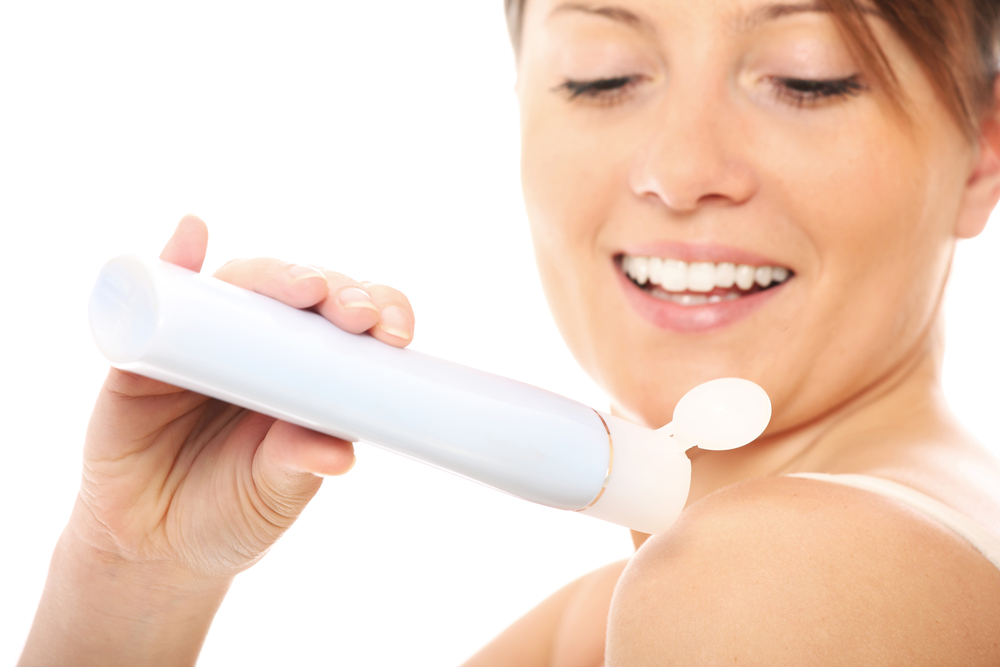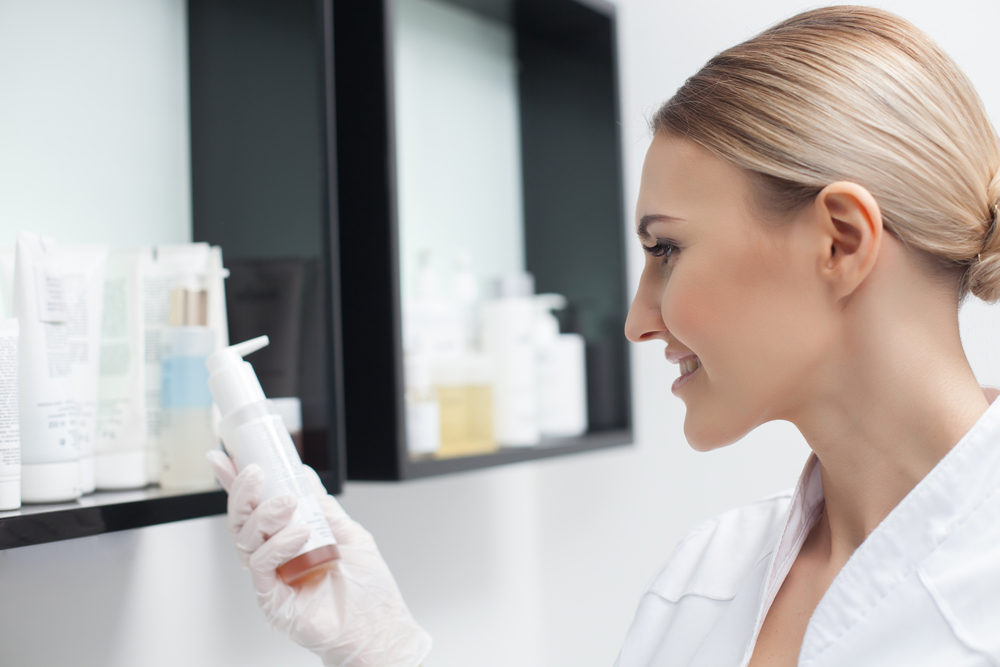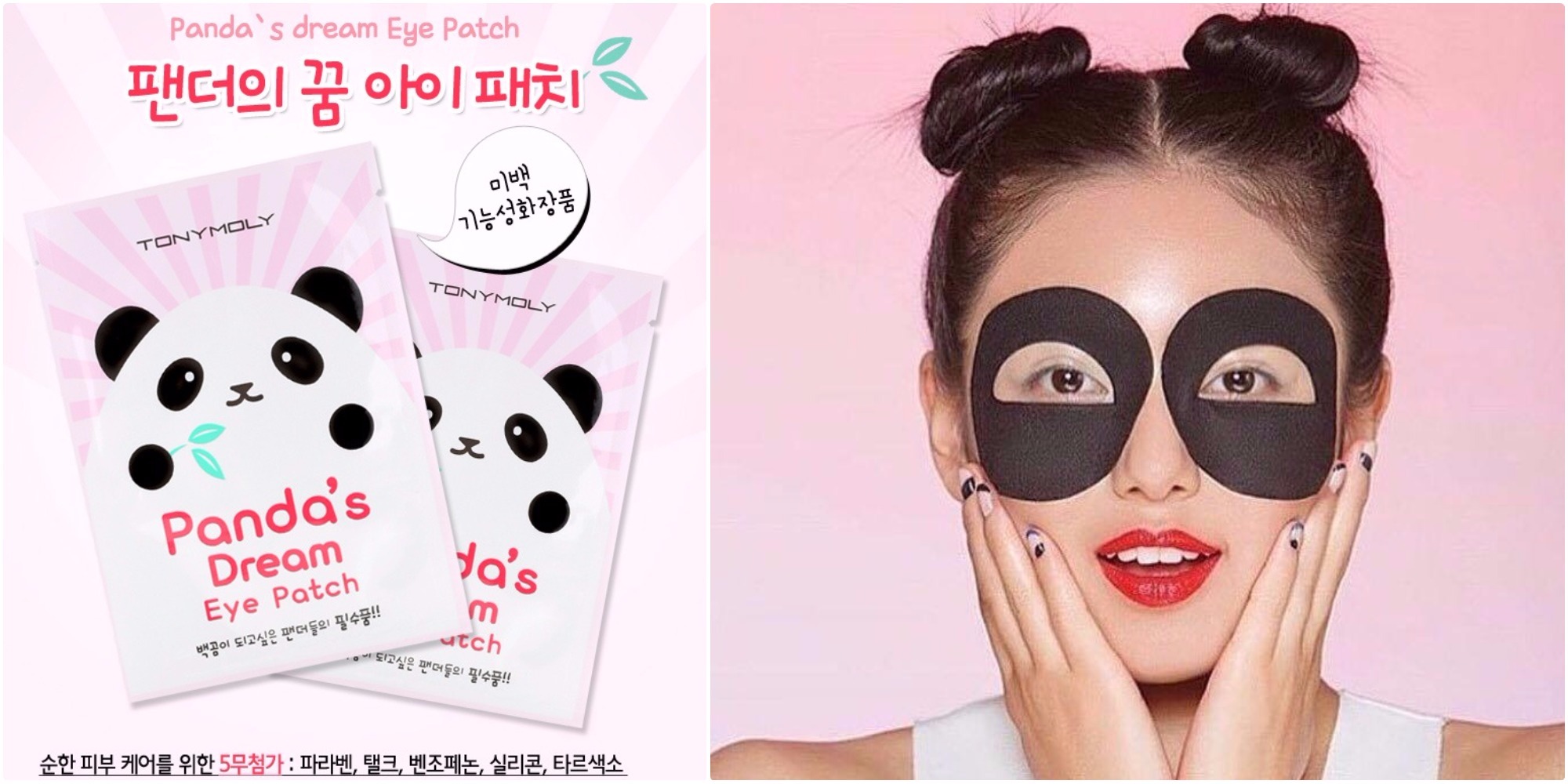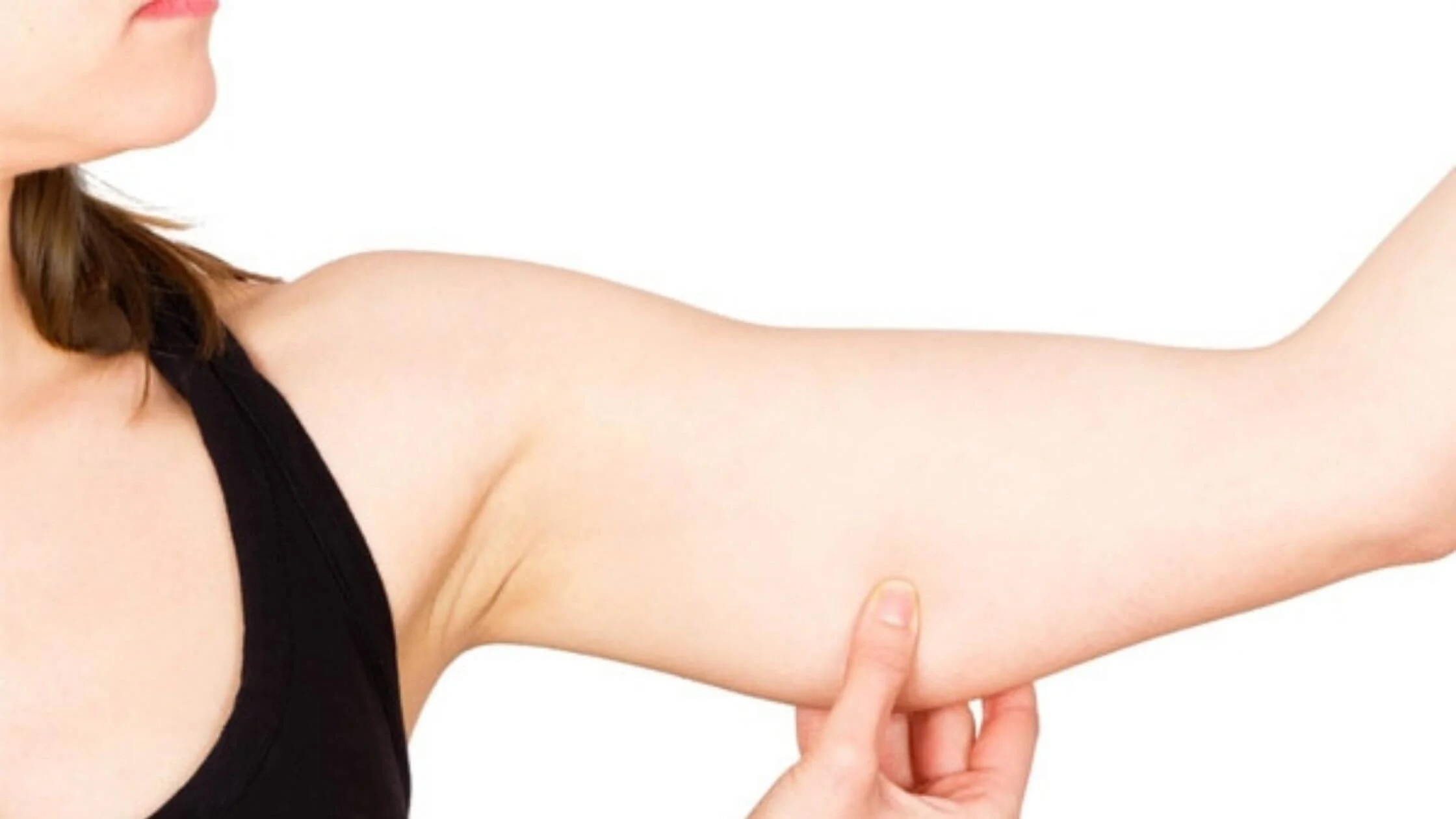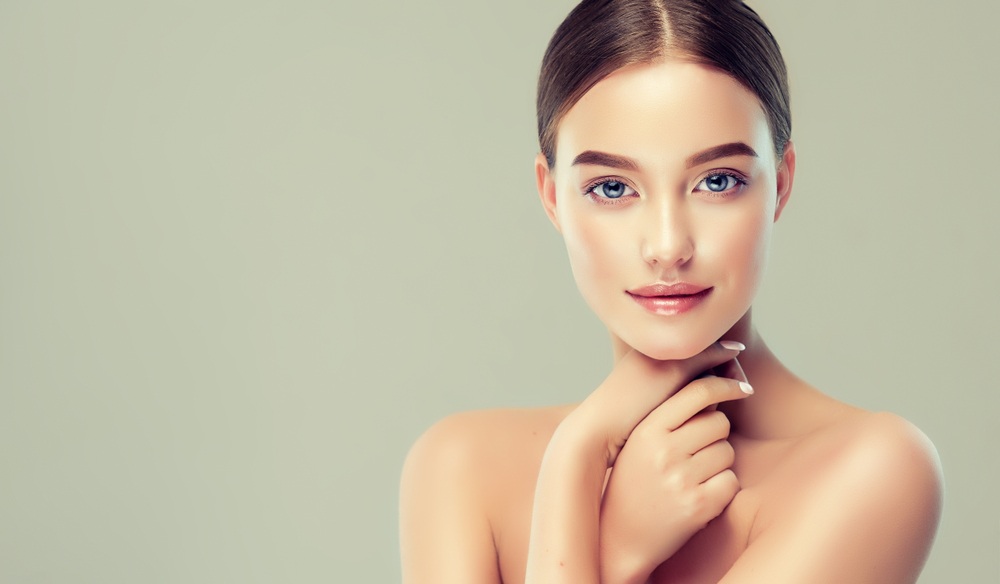You probably know it as the most popular baby lotion of all times, but this product for newborns can be used by grownups as well.
Baby oil is simply mineral oil, derived from petroleum, that typically features moisturizers, fragrances, and other ingredients to give it that classic baby scent.
For decades, baby oil has been touted as a miracle cure for countless skin and hair conditions. Here are a few things you need to know about this ubiquitous beauty product.
1. Is baby oil safe?
When used for certain applications, baby oil is perfectly safe. There’s a reason why it’s a popular choice for babies, after all. Among a wide number of applications, the product is regularly used to treat diaper rash, cradle cap, and as a head-to-toe baby wash.
According to Skin Therapist Simona Mazenyte, co-founder of Skin Aspirations, despite its controversial nature, baby oil is safe overall.
“Mineral oil has been used on human skin for as long as any modern cosmetic ingredient,” says Mazenyte. “Its safety has been established by its long-term use and multiple studies indicating that it’s not an irritant.”
There is an overwhelming amount of scientific evidence that baby oil is safe for external use, and is a non-toxic alternative to many moisturizers. The mineral oil used in the cosmetic industry is highly refined and purified. Further ensuring its safety, baby oil is regulated by the Food and Drug Administration (FDA).
However, there are instances when you should avoid it. For example, make sure to choose fragrance-free baby oil if you suffer from allergies or have particularly sensitive skin. You should also avoid it when you’re going out into the sun as it increases the risk of sunburns, and can potentially amplify the sun’s damage.
2. Can baby oil be used as a moisturizer?
Mineral oil has been shown to provide benefits similar to those of natural skin care options like coconut oil. Some forms, like mineral oil creams with added aloe vera, actually deliver several times more moisture than ordinary body lotion. You can use it to achieve baby-soft skin on the elbows, legs, and arms.
Using baby oil as a facial skin care product is typically not recommended, as it can clog your pores and cause acne. It may also contribute to premature aging. Again, if you have an allergy to certain fragrances, don’t use baby oil as a personal care product.
3. Does baby oil help you tan?
Baby oil acts as a reflector of UV rays, which can attract more sun. It also helps the rays absorb more deeply into the skin, which causes you to tan to a darker shade.
That said, it will not protect your skin from the damaging effects of the sun — especially sunburn — so it should never be used alone during tanning. Never lie directly in the sun without sunscreen.
Yes. As long as you’re using a natural oil that’s safe for sensitive skin, you could also be using baby oil as a makeup remover. Many people tout mineral oil’s ability to effectively remove eye makeup, and it costs much less than a standard makeup remover.
A small amount goes a long way — use a pea-sized amount with a cotton ball on damp skin for the best possible results. Nonetheless, we recommend opting for coconut oil as your DIY makeup remover instead, since it’s less likely to cause redness or breakouts.
5. Does baby oil get absorbed by the skin?
Yes, it does. For people with dry skin, that may be a good thing. However, the moisturizing effects of this baby care staple are overshadowed by its stifling effect. As the mineral component tends to suffocate the skin, it inhibits essential airflow and slows the production of collagen.
You can apply baby oil on areas of the body where you have dryness and rough patches, but remember to only use the unscented variety on your face.
6. Will baby oil cause breakouts?
Contrary to popular belief, you should never use baby oil as an acne treatment.
Baby oil is considered comedogenic, meaning it clogs pores. Excess oil will only contribute to more bouts of pimples, likely leaving your skin feeling that much worse than it did before. It’s best to choose oil-free and non-comedogenic products when treating and preventing breakouts.
With that said, Mazenyte points out that it’s not the oily nature of the product that causes breakouts.
“Studies have shown that a product’s comedogenicity — its ability to block pores — has nothing whatsoever to do with its oiliness,” she says. “While baby oil on its own won’t cause breakouts, it can indirectly facilitate them by forming a physical barrier over your skin and keeping in acne bacteria, dirt from the day, and products that can clog pores.”
To minimize this risk, be sure to wash your skin thoroughly before you apply any baby oil to it.
7. Can baby oil burn the skin?
As baby oil attracts UV rays, it can cause sunburn. However, baby oil alone shouldn’t ever burn the skin on contact. Never warm baby oil before use. It’s similar to cooking oils and will definitely burn your skin if it gets too hot.
8. Does baby oil repel mosquitoes?
Perhaps one of the most unconventional uses for baby oil is as a mosquito repellent. While there’s no scientific evidence to back it up, people have been using mineral oil to repel bugs for decades. The oil creates a slick oily surface that makes it hard for mosquitoes and other bugs to latch on to you.
For best results, always use pure mineral oil rather than cream or fragranced baby oil.
9. Does baby oil cause cancer?
You may remember when Johnson & Johnson was forced to pay $72 million to the family of a woman who died of ovarian cancer after regularly using the company’s baby powder.
Johnson & Johnson has often been targeted by health and consumer groups over ingredients in its products, including Johnson’s No More Tears baby shampoo. In response to these complaints, the company has agreed to eliminate 1,4-dioxane and formaldehyde, both considered probable carcinogens, from all its products.
However, reports produced by regulatory agencies do not indicate that baby oil contains any harmful chemicals.
10. Does baby oil darken skin?
In general, baby oil will not darken the skin when used as a moisturizer. However, some beauty experts suggest mixing mineral oil with iodine — a dark-colored solution that’s generally used as a mild antiseptic — and rubbing it on the skin in concentric circles to get an instantly darker skin tone.
You should only try this method when approved by a doctor, and should use it sparingly, since there are no conclusive studies on whether or not regular application of iodine harms the skin.
Always discontinue the use of any product should you notice a rash, redness, or irritation developing.
11. Does baby oil dry your skin?
Depending on what’s in your baby oil, yes, it may dry out your skin. As certain additives act as natural dehydrators and exfoliants, it’s best to stick to pure mineral oil when you want to add hydration.
Pair a gentle face wash with mineral oil products fortified with moisture-rich vitamin A or honey if you’re looking for a safe way to maintain moisture.
12. Does baby oil fade stretch marks?
There is no active ingredient in baby oil to reduce the appearance of existing stretch marks. However, it can be safely used during pregnancy to hydrate the skin and prevent stretch marks from developing.
13. Does baby oil help with sunburns?
You should never use baby oil to tan. Additionally, no baby oil product, or oil in general, including butter, will help heal a sunburn. That’s because oil can seal in the heat caused by sunburns and slow the skin’s natural healing process.
To heal a sunburn, apply a cold compress and use oral analgesics to ease the pain. Aloe vera is considered the best topical treatment for sunburns.
14. Does baby oil help eczema?
Yes, there is some evidence to suggest that applying baby oil to wet skin can help combat symptoms related to eczema.
In fact, the Mayo Clinic suggests that eczema sufferers use their preferred baby oil product during bouts of extremely dry skin or bad rashes. This is because mineral oil has more staying power than regular lotions, allowing the skin to fully lock in hydration in extreme cases.
Applying baby lotion or oil to dry patches before bedtime is a good way to help make eczema symptoms more bearable at night and in the morning.
15. Can baby oil be used as a lubricant for sexual intercourse?
No. You should never use baby oil as a lubricant during sex. Although your favorite baby oil product may look and feel just like your preferred name-brand lube, it’s simply not formulated for internal use.
Baby oil has a tendency to trap and harbor bacteria. It is also more difficult to wash off in the shower than water-based lubes. Stick to a good sex-specific lubricant for optimal results.
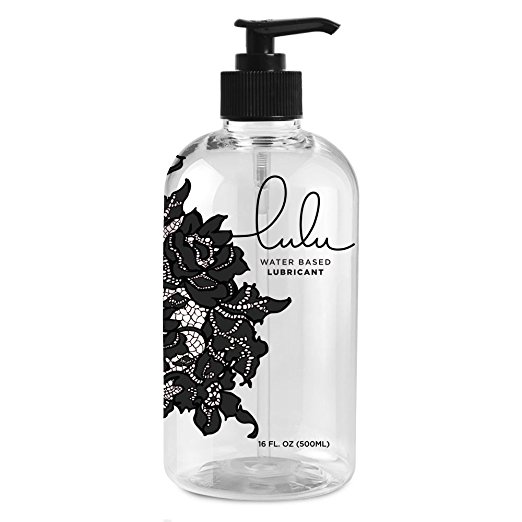
16. Does baby oil make you sweat?
One common baby oil myth is that it makes you sweat more. While most people try to avoid sweating, gym-goers, and sauna loungers have slathered on mineral oil to increase the sweat factor.
Unfortunately for those seeking sweat, baby oil won’t boost sweat production. However, it will give you a great glow that looks similar to sweat.
17. Does baby oil help prevent ingrown hairs caused by shaving?
Baby oil is a safe alternative to shaving cream, but should only be used when shaving legs and armpits. Never use baby oil — or any type of oil — as a shaving solution for the face or other sensitive areas of the body.
Regular exfoliation and the use of antibacterial soap help to prevent ingrown hairs that result from shaving.
18. Is baby oil good for your hair?
Some experts believe that mineral oil can promote hair growth by increasing blood flow to follicles and preventing hair damage. This is especially true if you have normal or dry hair. Simply massaging a small drop of baby oil onto the scalp and hair can prevent strands from becoming brittle and breaking.
Those with naturally oily hair should focus on massaging oil at the end of their hair to help prevent breaking, though results will be less noticeable.





